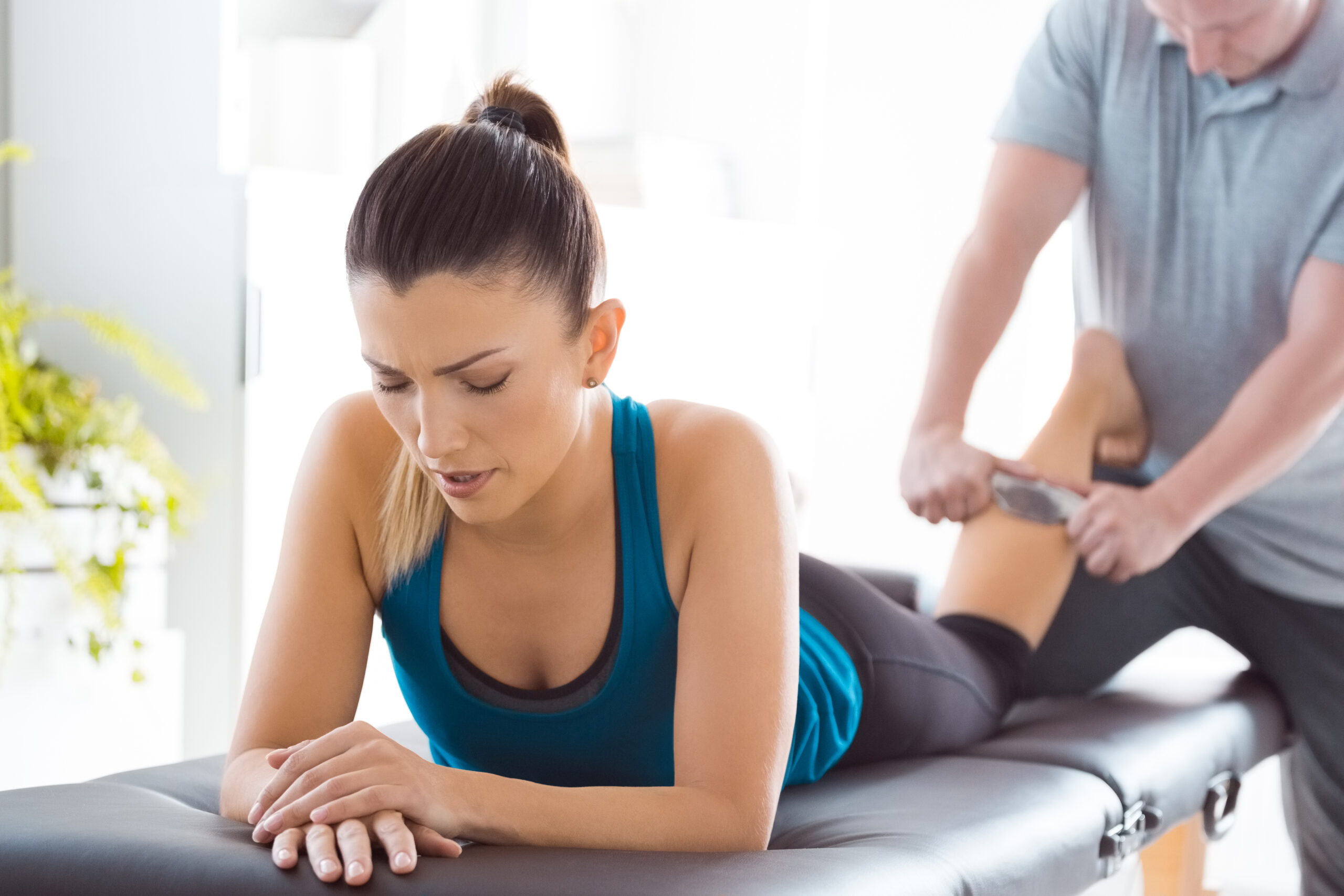Ever felt like your legs have been through a marathon, even when you’re training for one?
Whether you’re a recreational jogger or a competitive runner, your body faces unique stresses that can slow you down or lead to injury.
Enter massage therapy: a game-changer in keeping runners at their best.
Why massage therapy matters for runners
Running is demanding, even for the most seasoned athlete.
From pounding pavements to conquering trails, repetitive strain is inevitable.
Massage therapy can provide relief, enhance performance, and may help prevent injuries.
At Lifecare Northern Sports Physiotherapy, where we work together with physiotherapists, exercise physiologists, myotherapists and remedial massage therapists, we see countless runners transform their performance and recovery through targeted massage therapy.
Here’s how it can help you too:
1. Aid muscle recovery
Hard training sessions lead to microscopic tears in muscle fibres, which need time and care to repair.
Massage therapy helps improve blood flow, bringing vital nutrients and oxygen to muscles while flushing out metabolic waste like lactic acid.
The result? Faster recovery and less soreness.
2. Prevent common running injuries
Runners often face issues like IT band syndrome, shin splints, and plantar fasciitis.
These injuries often stem from tight or imbalanced muscles.
Massage therapy targets these problem areas, releasing tension and improving muscle flexibility, which reduces your risk of injury.
3. Boost flexibility and range of motion
Ever noticed how much easier running feels when your muscles feel loose and limber?
Regular massage helps elongate and relax tight muscles, increasing flexibility and improving your stride efficiency.
This means you can move more freely and perform better, whether you’re racing to beat your personal best or simply enjoying the run.
4. Enhance circulation and reduce swelling
Running can cause blood to pool in your legs, leading to swelling and heaviness.
Massage therapy stimulates circulation, promoting lymphatic drainage and reducing that post-run puffiness.
This not only feels great, but also ensures your muscles are in prime condition for your next training session.
5. Relieve stress and promote mental relaxation
Let’s not forget the mind-body connection in running.
Mental fatigue can weigh heavily on your performance.
Massage therapy not only soothes tired muscles but also calms the mind, reducing cortisol levels and helping you stay focused on your running goals.
Making massage therapy work for you
Massage therapy is not one-size-fits-all. Depending on your needs, you might benefit from:
- Sports massage: Ideal for pre- and post-race care to optimise performance or aid recovery
- Remedial massage: Targets specific injuries or muscle imbalances
- Myotherapy: Combines massage with other techniques like dry needling to tackle complex issues
A skilled therapist will tailor your sessions to your training schedule, current condition, and long-term goals.
Incorporating massage into your routine
The key to reaping the benefits of massage therapy is consistency.
Here’s how to make it part of your running regimen:
- Pre-race: A lighter massage can prepare your muscles for the challenge ahead
- Post-run: A deeper massage promotes recovery and tackles lingering tightness
- Injury management: Regular therapy can help address imbalances before they turn into injuries
Wrapping up: why runners should embrace massage therapy
Massage therapy is more than just a luxury—it’s an essential tool for every runner’s toolkit.
By promoting recovery, preventing injuries, and enhancing performance, it keeps you running stronger for longer.
Whether you’re chasing medals or just the joy of movement, the right care can make all the difference.
Ready to experience the benefits of massage therapy for running athletes?
At Lifecare Northern Sports Physiotherapy, our team of experienced physiotherapists, exercise physiologists, myotherapists, and remedial massage therapists are here to support you every step of the way.
Matthew Deacon, Massage Therapist

